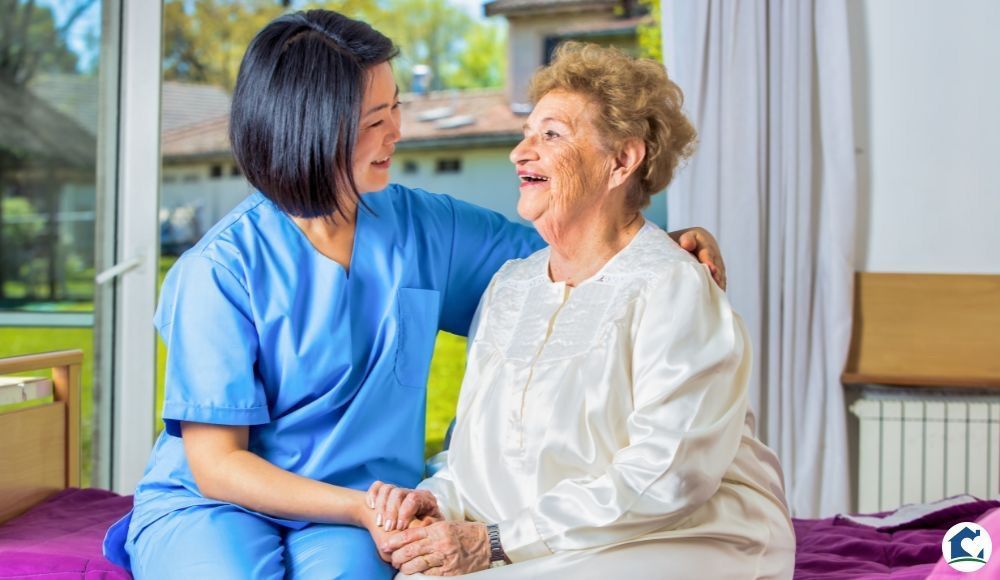Flu Prevention for Seniors
The flu is never a pleasant experience for anyone, no matter what their age group is. For seniors, however, a simple flu can open the door to complications. Pneumonia and other illnesses can take advantage of a senior’s flu-compromised immune system.
That’s why it’s important to take the following steps to avoid getting the flu, if possible. After all, simply avoiding people often isn’t enough for seniors who live in crowded caretaking situations.
1) Get the flu vaccine
The best way to avoid the flu? Take advantage of the flu vaccine in October or November, when it’s at its most effective. If you miss the deadline, the flu vaccine can still help if obtained later in the year. However, it’s important to get vaccinated before getting the flu. While the vaccine may be slightly uncomfortable, the trade-off of being flu-free is worth it.
2) Hand washing or sanitizing
Hand washing is still one of the most effective ways to prevent illness. Washing hands with soap for up to 20 seconds (the time it takes to sing “Happy Birthday” twice), cleaning under your nails and cleaning your wrists all make for an effective way to stop the spread of germs. If you work in a care home, take care of multiple people, or are trying to avoid sickness for yourself, wash your hands. However, for seniors who might not be able to get up and wash their hands, hand sanitizer is an effective option. Try to avoid over-exposure to hand sanitizer, as it can damage fragile skin.
3) Sanitize commonly-used objects
During flu season, a doorknob or countertop can become a hotbed of germs. Invest in anti-bacterial wipes or solutions to wipe down surfaces that can collect and accumulate germs. Also consider sanitizing smart phones, electronics, and other commonly-used objects. Be sure to disinfect cleaning rags and sponges as well, as they can turn into super-germ breeding grounds if they’re not sanitized. Change them frequently, run them through the dishwasher, microwave them, or bleach them to ensure that they’re germ-free.
4) Drink plenty of fluids
This advice is given so often that it’s almost a cliché, but it’s true: drinking plenty of water or tea can help the nasal passages stay moist, enabling them to trap germs more effectively. As a result, the germs are stopped by the body’s first line of defenses. Maintaining adequate hydration helps the body fight off illness in general, too, while assisting proper organ function.
When it comes to winter, catching the flu doesn’t have to be inevitable. By following the tips outlined above, and avoiding crowds and unnecessary travel, the seniors in your life will have a much lower chance of catching the flu.












